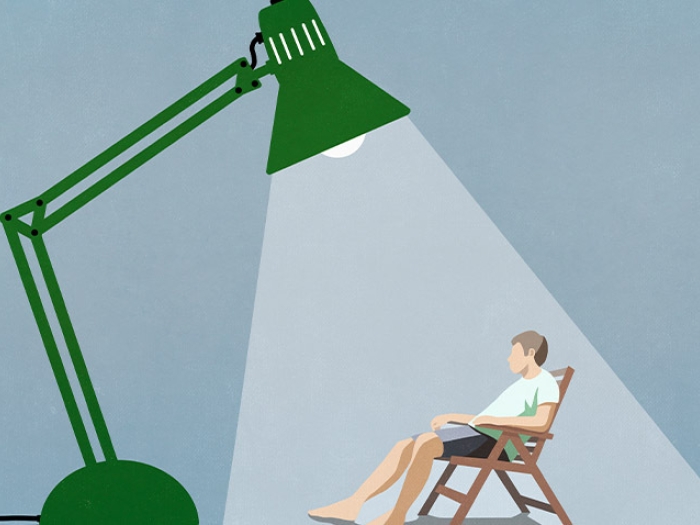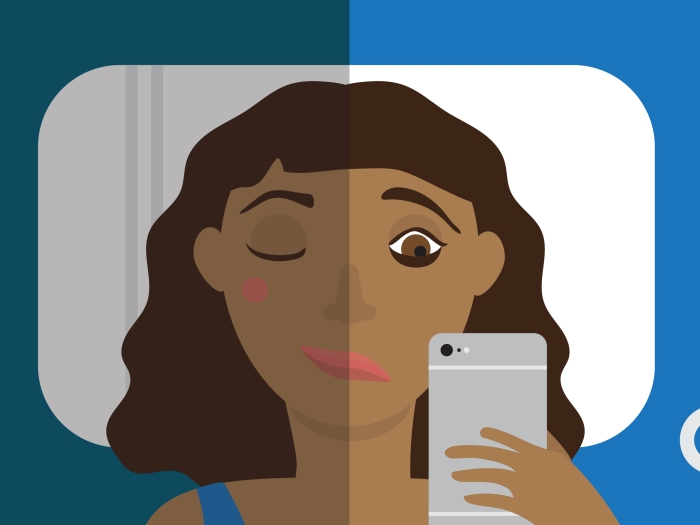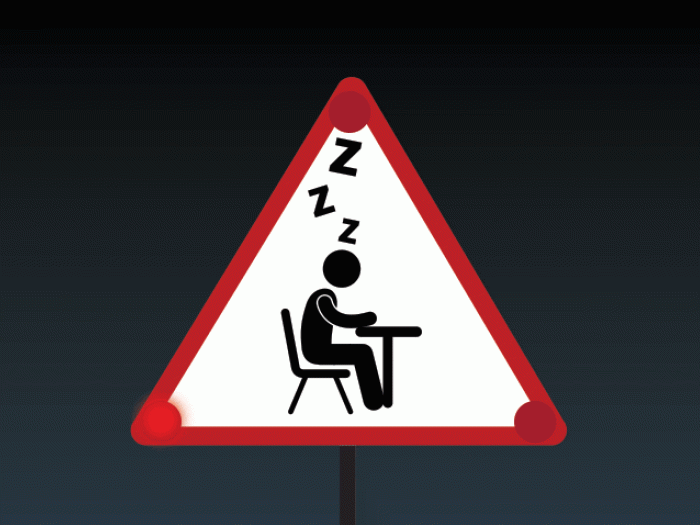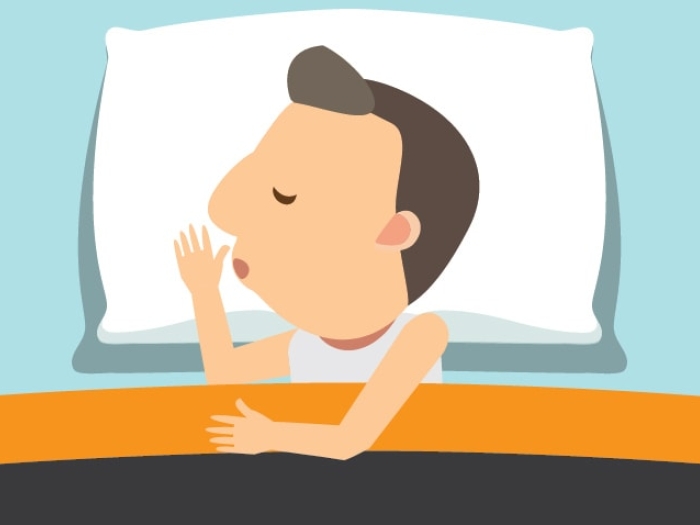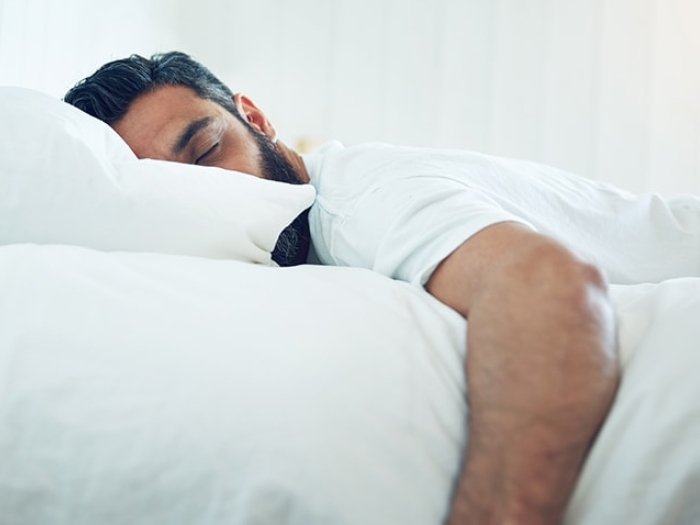Light from the window or your phone can interrupt sleep — as can more surprising factors, such as your bedtime reading habits.
7:00 AM
Author |
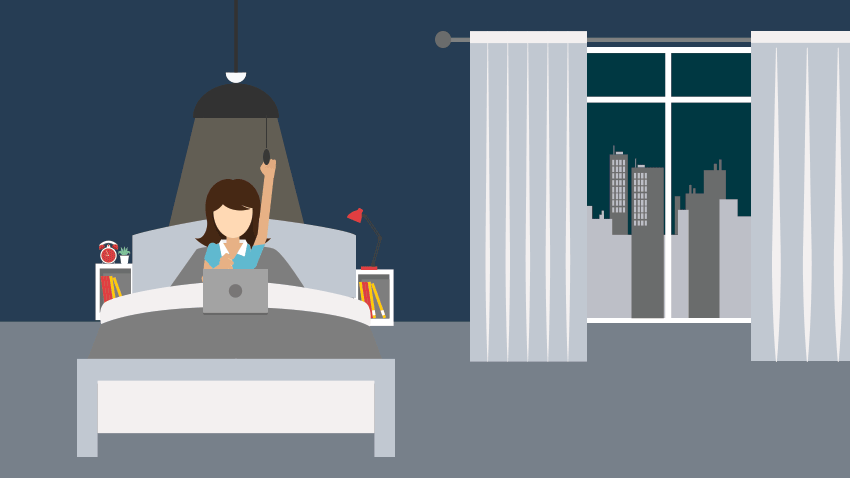
As sleep medicine specialists, we are frequently asked how bedroom light plays a role in sleep.
SEE ALSO: Still Up? Try These 4 Steps to Better Sleep
How much light is too much? How bright or dark should a bedroom be for optimal sleep? When should you turn lights off?
Here are a few guidelines to help answer these questions.
The bedroom should be completely dark. If external light comes in the window, room-darkening shades or curtains may help. If you tend to wake up at night to use the restroom, a small night light in the bedroom is OK to help guide you safely out of the room.
Reading in bed can be a relaxing activity to help settle your mind from a busy day, but there are limitations. It can become problematic if you are experiencing insomnia. Spending time in bed not sleeping and doing things such as reading, watching TV or playing on your phone can create an association between bed and being awake doing other things.
If you have insomnia, you may want to temporarily suspend reading in bed. Read outside the bedroom until you feel sleepy and then go to bed.
Light levels and wavelength can be important for sleep. There are several lighting characteristics that can be important for sleep. Higher light levels (measured in lux, a unit of light intensity) have been shown to suppress melatonin, a hormone that provides the body's internal biological signal of darkness.
Light wavelengths have also been shown to be important. Shorter wavelengths (the color blue) can suppress melatonin, and longer wavelengths (the color red) may not have any effect on melatonin. LED lights, while being more energy efficient, tend to produce more blue light. Using dim or red lights before bedtime may help you sleep better.
Avoid direct bright light exposure before bed. This will help maintain your natural sleep cycle.
The time you should turn off the lights is highly individual. Everyone has his or her own internal biological clock. Most of the time, we recommend turning off the lights when you feel sleepy. That's a good signal it is your time to go to bed.

Explore a variety of health care news & stories by visiting the Health Lab home page for more articles.

Department of Communication at Michigan Medicine
Want top health & research news weekly? Sign up for Health Lab’s newsletters today!
